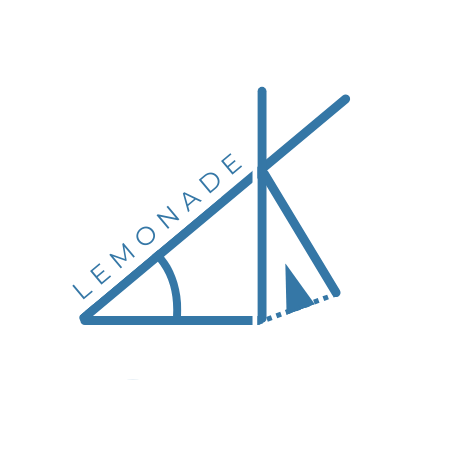Economics of Efficiency
August 29, 2025
By Aathreya Kadambi
Especially in the age of AI, automating things with computers comes with the fear of replacing people despite the boon of efficiency. Other times, efficiency is associated with excessive “hustle culture”, where heavily skewed work-life balance is rewarded in the name of effort. Meanwhile, for corporations, efficiency seems to mean reduced costs and increased profits in almost a purely monetary sense. Corporations might desire monetary efficiency, but people (generally) prefer not to be reduced to money-making machines. Incentives seem to spin out of balance.
Should we be concerned?
Is it possible to align ourselves to a definition of efficiency we can universally agree on?
In this post I’ll summarize some ideas I’ve been reading about.
Defining Efficiency
There are many different notions of “efficiency” that are important to consider.
- Resource efficiency/productivity: Produce more for less. “[Achieve] a lower level of resource use for a given level of final consumption.” [1]
- Eco-efficiency: “[D]elivery of goods and services to meet human needs and improve quality of life while progressively reducing their environmental impacts of goods and resource intensity during their life-cycle.” [2] Tied to eco-sufficiency.
- Productive Efficiency: No additional output of one good can happen without decreasing output of another. [3]
- Pareto Efficiency: Any improvement to one entity would hurt another one.
- Operational Efficiency: Ratio of monetary outputs to monetary and labor inputs. [4]
- Allocative Efficiency: “[P]roduction is aligned with the preferences of consumers and producers.” [5]
Generally, these all seem to fit with the idea of achieve more with less. But they differ on what it means to achieve more and what it means to use less.
The Problems
For the most part, people appreciate and enjoy the boons of technological and infrastructural advancement: modern medical procedures, cures for disease, improved agricultural production, earthquake-resistant buildings, access to water, air conditioning and heating, social connection through the internet, and much more.
It’s impossible to deny the problems that we’ve contributed to along the way: melting glaciers, declining bird populations [6], deforestation [7, 8], dumping waste [9, 10], pollution, microplastics, obesity, lack of trust in medical and food industries, displacement of people and again, much more.
Luckily for us, these issues are happening slowly enough that we can make some attempts to reduce their effects. Can we innovate without contributing to these issues? For modern startups and research, this means taking into account ideas of efficiency consider more than just money as costs and profits. Sustainability needs to be a part of profit and vision. Perhaps this can best be done with social reward (changing the world’s notion of beauty from cost efficiency and minimalism to life and sustainability), subsidies, and specialized funding sources that are willing to forgo some profit in order to prioritize more sustainable notions of efficiency.
References
[2] https://en.wikipedia.org/wiki/Eco-efficiency
[3] https://en.wikipedia.org/wiki/Productive_efficiency
[4] https://en.wikipedia.org/wiki/Operational_efficiency
[5] https://en.wikipedia.org/wiki/Allocative_efficiency
[6] https://www.nature.com/articles/d41586-025-01443-y
[7] https://www.instagram.com/reel/DNiYvTQu13X/?utm_source=ig_web_copy_link&igsh=a3R0NHl3N3Rsdmlw
[8] https://www.instagram.com/reel/DNx4FH_XLw7/?utm_source=ig_web_copy_link&igsh=MWx4bTk1Y2kxYWNvbg==

Comments
Not signed in. Sign in with Google to make comments unanonymously!